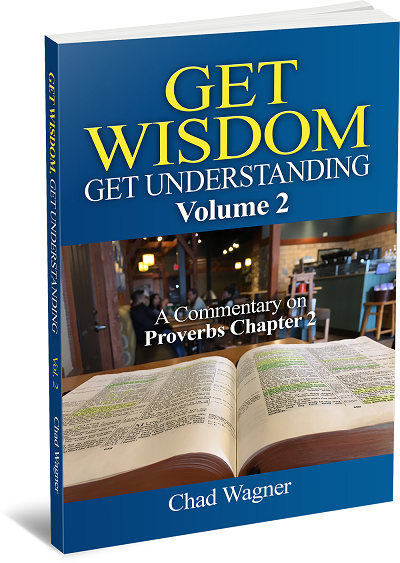Blog - Proverbs 3:13


The man that finds wisdom and gets understanding is a fortunate man who has found favor with God. Today we think of a happy man as one who is cheerful and joyous, but when the KJV was translated, happy meant "having good ‘hap’ or fortune; lucky, fortunate; favoured by lot, position, or other external circumstance" (OED). In the book of Ruth, we are told that when Ruth returned to Israel with her mother-in-law Naomi after both of them had lost their husbands, "her hap was to light on a part of the field belonging unto Boaz" (Rut 2:3). As the rest of the story goes on to tell, Ruth was quite fortunate to have ended up in Boaz's field. Like Ruth, the man that finds wisdom is a happy man. Wisdom is found in the word of God (Pro 2:6) which the natural man cannot understand (1Co 2:14), nor can be subject unto (Rom 8:7). Furthermore, according to this verse, wisdom is found, which implies that it must be sought after from God (Mat 7:7), but "there is none that seeketh after God" in his unregenerate state (Rom 3:11). In order for the word of God to not be foolishness to a man, God has to first save him from his sins (1Co 1:18) and give him "the spirit which is of God; that [he] might know the things that are freely given to [him] of God" (1Co 2:12). Now here's where the happy part comes in: God only saves those whom He foreknew, chose, and predestinated to be His children before the world began.
Eph 1:4-5 - According as he hath chosen us in him before the foundation of the world, that we should be holy and without blame before him in love: 5 Having predestinated us unto the adoption of children by Jesus Christ to himself, according to the good pleasure of his will,
Rom 8:29-30 - For whom he did foreknow, he also did predestinate to be conformed to the image of his Son, that he might be the firstborn among many brethren. 30 Moreover whom he did predestinate, them he also called: and whom he called, them he also justified: and whom he justified, them he also glorified.
